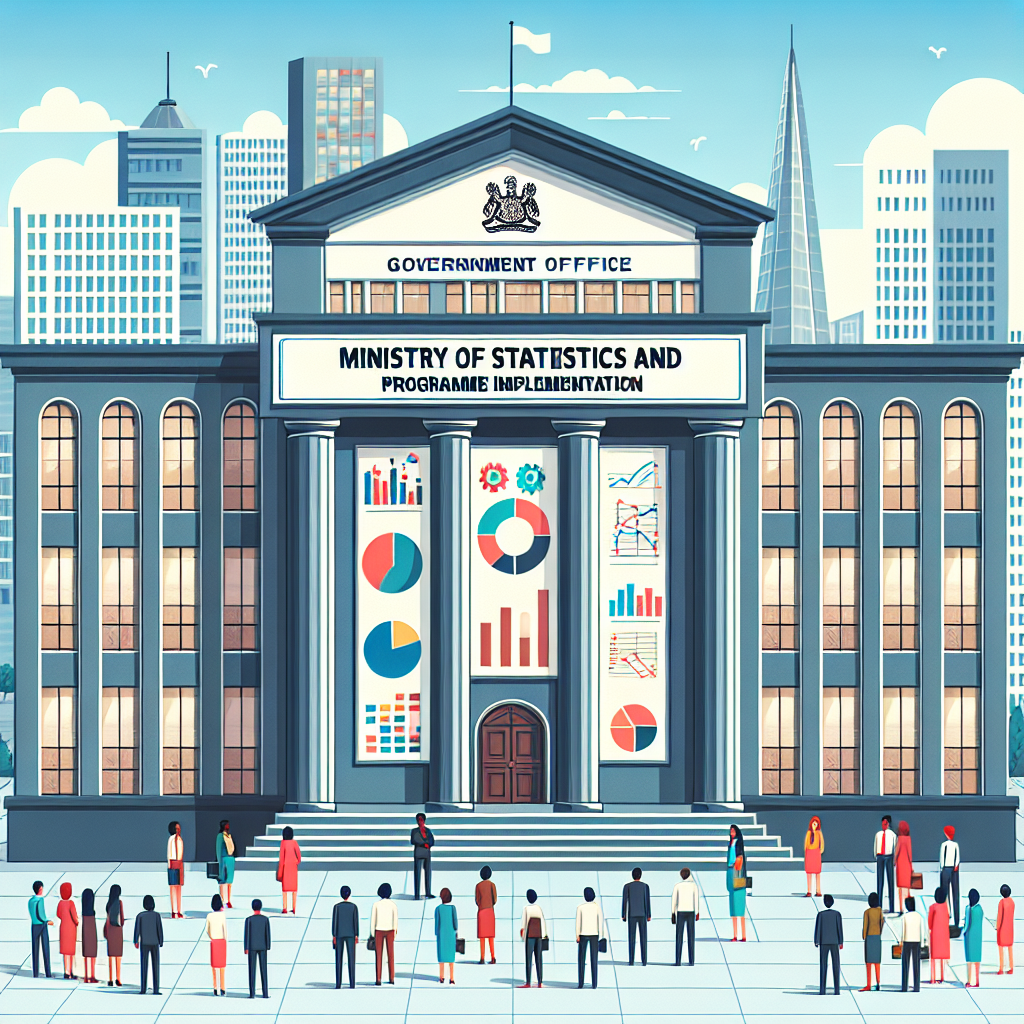India Hosts National Workshop to Integrate AI and Big Data in Policymaking
Dr. M. Ravichandran emphasized the critical need for climate-sensitive data and ocean health monitoring, particularly through enhanced use of satellite imagery and AI-based classification systems.

- Country:
- India
The Ministry of Statistics and Programme Implementation (MoSPI), in collaboration with NITI Aayog and the World Bank, inaugurated a two-day National Workshop on Using Alternate Data Sources and Frontier Technologies for Policy Making at Bharat Mandapam, New Delhi. The event underscores India’s strategic focus on embedding cutting-edge technologies and alternative data into governance to enhance evidence-based decision-making.
The workshop aims to explore the growing importance and practical applications of non-traditional data sources—such as mobile phone data (MPD), scanner data, and geospatial information—alongside frontier technologies like Artificial Intelligence (AI) and machine learning in modern policy formulation. These tools, when integrated with India’s traditional statistical systems, are poised to make policy interventions more timely, targeted, and transparent.
High-Level Inauguration Sets Vision for a Data-Driven India
The inaugural session was attended by top policymakers, including Shri Suman K Bery, Vice Chairman of NITI Aayog and Chairman of the Economic Advisory Council to the Prime Minister, who served as Chief Guest. Also present were Dr. Saurabh Garg, Secretary, MoSPI, and Dr. M. Ravichandran, Secretary, Ministry of Earth Sciences, among other dignitaries. Representatives from the UK Office of National Statistics, the World Bank, and India’s National Science and Technology Management Information System (NSTMIS) also participated.
In his keynote address, Shri Bery emphasized the need for robust, real-time data systems to tackle India’s evolving developmental challenges. “As India aspires for high and inclusive growth, our data systems must evolve beyond legacy frameworks. Alternate data streams and AI will bridge information gaps and make governance more predictive, adaptive, and people-centric,” he said.
Parallel Technical Sessions Explore Domain Applications
Following the inauguration, the workshop transitioned into four parallel technical sessions, each targeting a specific domain of data application:
-
AI & Data Science for Official Statistics: This session discussed how machine learning and AI can improve forecasting, real-time analytics, and anomaly detection in official statistics.
-
Mobile Phone Data for Tourism Statistics: Experts highlighted how anonymized location data from mobile networks can enhance the accuracy of tourism flows and seasonality patterns.
-
Geospatial Data for Sampling, Ocean Accounting, and Dissemination: This panel examined the integration of satellite and GIS data for environmental monitoring, resource mapping, and targeted public interventions.
-
Scanner Data for CPI Compilation: The discussion centered on the use of high-frequency retail transaction data to improve consumer price index (CPI) accuracy and responsiveness.
Speakers included domain experts from MoSPI, NITI Aayog, state departments, academic institutions like IISc and IITs, and global bodies such as the United Nations Statistics Division (UNSD) and the Organisation for Economic Co-operation and Development (OECD). The sessions were structured to offer deep dives into the technical, ethical, and operational challenges in institutionalizing alternate data within the official statistical architecture.
Towards a Smart Statistical Ecosystem
MoSPI Secretary Dr. Saurabh Garg stated that the workshop is part of India’s broader ambition to strengthen its statistical ecosystem by “expanding the use of dynamic, non-survey-based datasets in an ethical and transparent manner.” He noted that efforts are already underway to pilot MPD use for mobility data, establish frameworks for ocean accounting, and adopt AI tools for automated classification in economic surveys.
Dr. M. Ravichandran emphasized the critical need for climate-sensitive data and ocean health monitoring, particularly through enhanced use of satellite imagery and AI-based classification systems.
Takeaways and the Path Forward
On June 6, the workshop will conclude with a valedictory session summarizing key takeaways, strategic recommendations, and future action points. These are expected to guide the integration of alternate data sources into India’s official statistical programs and shape the policy research agenda for the coming years.
The event has drawn approximately 450 participants from central and state governments, international development agencies, think tanks, private data providers, academia, and civil society organizations, making it one of the most comprehensive platforms for deliberating India’s data future.
By bridging traditional statistical methods with advanced technologies and unconventional data streams, the workshop represents a critical step in India's journey toward a more responsive, transparent, and future-ready governance model.
ALSO READ
Guinea-Bissau Shows Economic Resilience Amid Fiscal Challenges, Says World Bank
MoSPI, NITI Aayog, World Bank Host Workshop on Data & Tech in Policymaking
Exploring Prospects: World Bank's Visit to Tripura's Agarwood Hub
India's Economic Future Amid Global Uncertainties: A World Bank Perspective
Global Economic Growth Stalled by Trade Wars, Says World Bank










